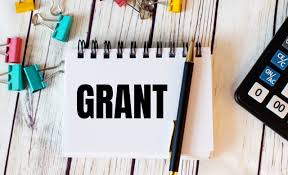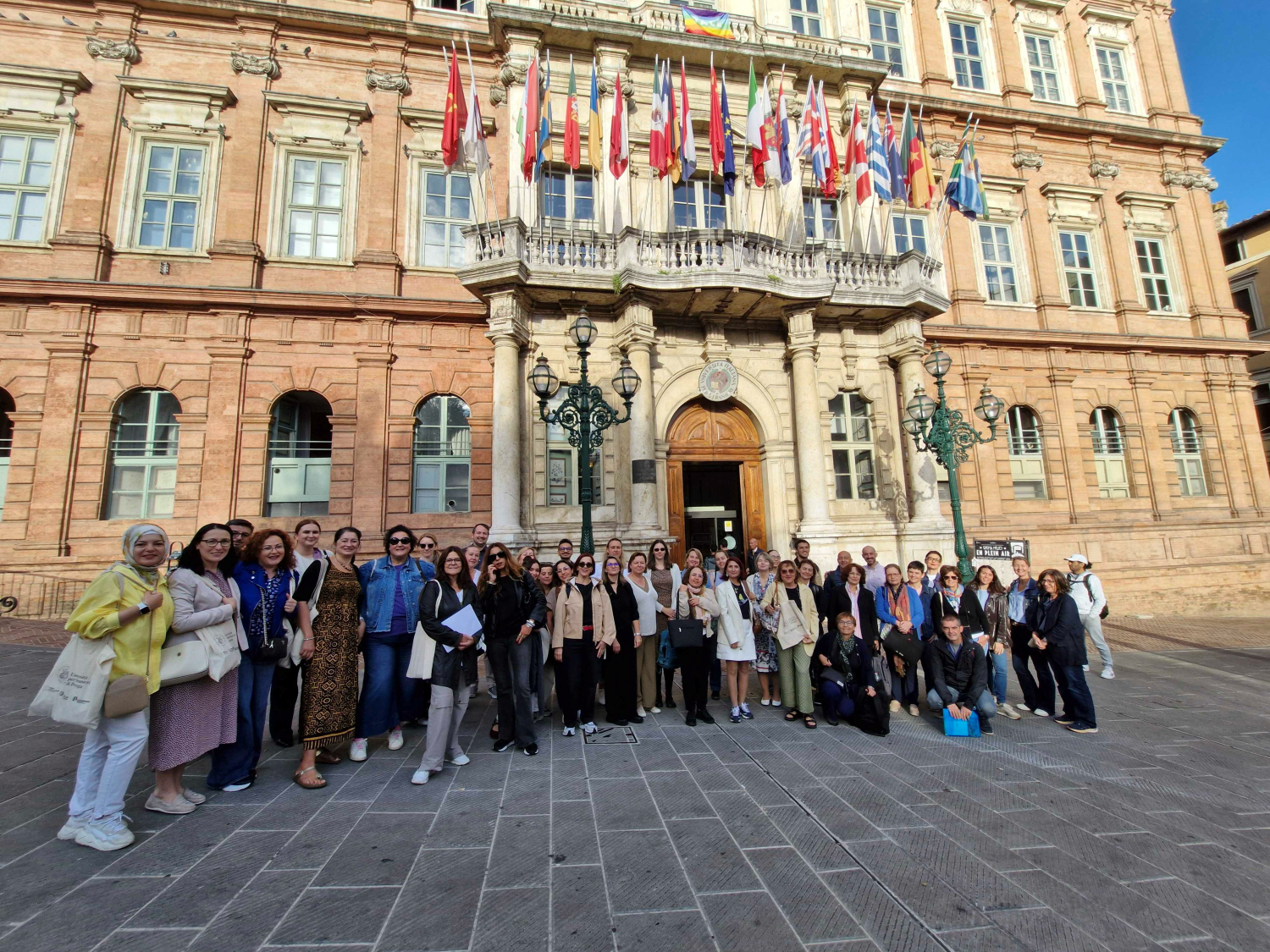

Working Group 3
Development of bi-and multi-lingual disciplinary literacies across educational levels
About
WG3 has the task of understanding how learners develop age-appropriate ways of using language as they gradually mature along their educational trajectory, from primary, to secondary and then into tertiary. Ample empirical data as well as anecdotal reporting indicates that there is a change in how learners experience “content-learning” around age 11, when fun, fascinating and very tangible concepts in the disciplines of science, maths, history etc., become a little less tangible, less fun and a little more frustrating. This is not only because the disciplinary-concepts to be learnt become more abstract, but the disciplinary-language in which those concepts are “embedded” also become more complex and unfamiliar, even in the mother tongue. Since society needs knowledgeable professionals, be they doctors, engineers, or electricians, we cannot (and should not) change the complexity of discipline-specific concepts that students should master. We can, however, pay more explicit attention to how students comprehend, learn and subsequently manage discipline-specific language. Indeed, since CLIL calls upon students to learn content through a foreign language, CLIL-instruction becomes a very natural call for content-educators to adopt a more language-aware approach to educating. Likewise, CLIL provides language-instructors the “authentically complex concepts” they need to help their learners achieve age-appropriate academic language competence.The first step to delineating strategies for designing more effective CLIL-instruction to build disciplinary literacies across educational levels is to profile the type(s) of discipline-specific literacies educators expect of their learners at different educational levels. The first Action-Task of WG3 will therefore be an “overview of curricular demands regarding disciplinary literacies in CLIL”, at different levels along the educational axis, and in the three Key Subjects of History, Maths and Science as well as other related disciplinary-subjects. This action-task will culminate in a Report, “Deliverable 7”, which will be available via this Site by August 2024. The 70 members of WG3, from 20 European countries, are currently undertaking two WG3-Tasks:
- WG3-TASK-1 is a survey of “mentions of disciplinary-literacies within official national/regional curriculum/a” and asks the question, “How do official curricular documents describe the type of age-appropriate discipline-specific discourse plus discipline-specific literacy/ies students should be able to produce to show their newfound understandings?” Since official curricula guide teachers’ classroom practices, making such “curricular demands” explicit represents an essential first step in drawing teachers to the need to build students’ age-appropriate discipline-specific language skills.
- WG3-TASK-2 compliments TASK-1 and is a survey of “teachers’ expectations of students’ disciplinary literacies” and asks the question, “Which discipline-specific and age-appropriate “discourse features” do teachers expect students to produce when learners are sharing and showing their newfound understandings?”Both tasks will contribute to an important output of this Action, the development of a shared meta-language for speaking about “curricular demands and teachers’ expectations of bi- and multi-lingual disciplinary literacies across educational levels”. Subsequently WG3 will collate existing students’ production data and examine these for features delineated through WG3-TASK-1 and WG3-TASK-2 and expand upon these through case studies on individual pupils’ bi/multilingual disciplinary literacies development at transition points regarding educational levels.

WG Leader: Teresa Ting was born in Taiwan and now lives in Italy and is a Tenured Senior Researcher of Applied Linguistics in English, at the Department of Chemistry and Chemical Technologies, at the University of Calabria. Teresa brings a transdisciplinary perspective into this Project. She is not only an experienced CLIL-practitioner, EFL-instructor, and CLIL teacher-trainer but incorporates into these, her knowledge of how the human brain learns (or not), knowledge cumulated from 15-plus years as a neuroscience researcher.

WG Vice-Leader: Merita Hoxha
Merita Hoxha is a lecturer at the University of Elbasan, “Aleksandër Xhuvani” in Albania. She has been involved as an EFL teacher for the last 20 years in pre-university and university level where she teaches Methodology of teaching and learning languages, SLA and coordinates the teaching practice. Her research interest employs methods of teaching and learning languages, SLA as well as pre-service and in-service teacher education.
News from the Working Group

Grants
Call for application for conference grants

News
CLILNetLE 2nd Training School in Perugia
Grants
CLIL NetLE's grant call for STSMs and VMs is now open
Events
Strong presence of CLIL NetLE at the World CLIL Conference at Maynooth University, Ireland
News
CLIL NetLE Training School 2025

Events
How Cognitive Discourse Functions Can Shape Our Teaching Practice

Events
Teaching Methodology – Practical Implementation of Cognitive Discourse Functions (CDFs)

Events
Core Group meeting in Elbasan

Events
Training School: Understanding discourse methods with a focus on Cognitive Discourse Functions.






